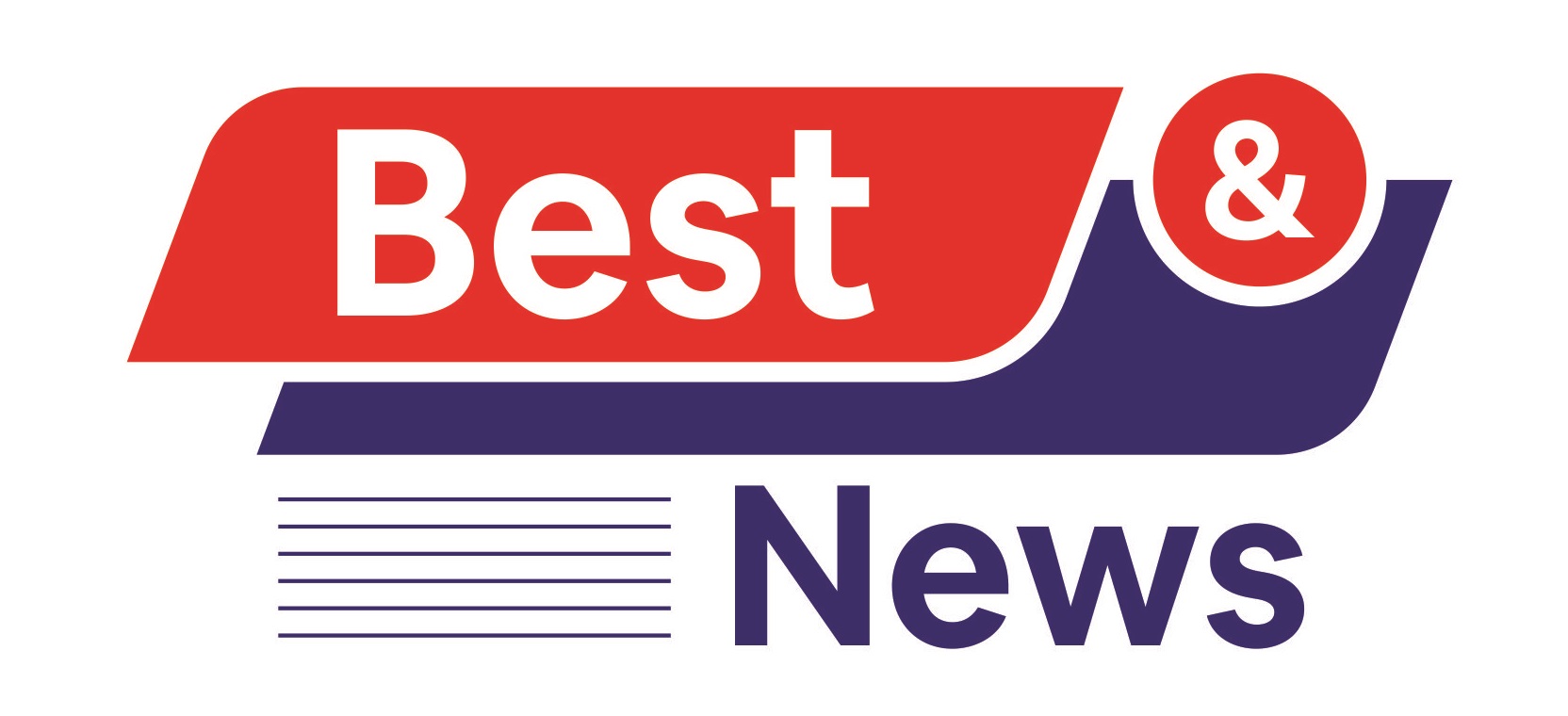Introduction
Starting your journey in the Indian stock market begins with setting up a demat and trading account, essential tools that allow you to buy, hold, and sell stocks and other securities seamlessly. For beginners, many brokers offer attractive setups, including dummy trading accounts that allow you to practice without financial risk. In this guide, we’ll explore the steps to open an account, how to choose a suitable broker, and what to consider in terms of costs, features, and security. Armed with this knowledge, you can make informed choices for a successful trading journey in 2024.
Choosing the Right Broker and Platform
Your choice of broker and platform can have a substantial impact on your trading experience and results. Some of the critical factors to consider include:
- Brokerage Fees and Charges: These fees can vary widely, so it’s important to understand the fee structure. Some brokers charge a flat rate per trade, while others may charge a percentage of the transaction value. Be sure to ask about hidden charges or additional fees for specific services.
- Platform Usability: The trading platform itself should be user-friendly and provide access to the tools you need for successful trading. Platforms like Enrich Money offer demat and trading accounts with advanced features such as customizable charts, comprehensive analytics, and real-time market data, which can be especially useful for beginners.
- Research and Education Resources: Brokers who provide quality educational resources, such as webinars, tutorials, and market insights, are ideal for new traders. These resources are invaluable for developing your knowledge and skills in real-time trading.
Taking the time to select the right broker and platform can set you up for success from the beginning. Enrich Money, for example, combines a range of robust features tailored to beginners and experienced traders alike, helping you stay informed and engaged in the market.
Understanding Fees and Charges
When opening a demat and trading account, it’s essential to understand the full scope of potential costs:
- Account Opening and AMC (Annual Maintenance Charges): Many brokers now offer low-cost or zero-cost account opening options and may even waive the AMC for the first year or longer. An AMC-free demat account can be beneficial if you want to minimize overhead.
- Brokerage and Transaction Fees: These fees are typically charged on every trade and can add up over time. Consider brokers that offer lower brokerage rates or flat-rate options, especially if you’re planning to be an active trader.
- Other Charges: Watch for additional charges, such as charges for margin usage, intra-day transactions, and transfer fees. Knowing these can help you estimate your potential costs and budget accordingly.
By understanding these charges upfront, you can select a cost-effective broker, minimizing your expenses and maximizing your potential returns.
Required Documentation and Eligibility
To open a demat and trading account in India, you’ll need certain documents, typically including:
- Identity Proof: Aadhaar, PAN card, or passport.
- Address Proof: Utility bill, rental agreement, or bank statement.
- Income Proof: Bank statements or IT returns, particularly if you plan to trade in derivatives or futures.
- Bank Details: A canceled cheque or recent bank statement to link your bank account for transactions.
This documentation helps verify your identity and eligibility, ensuring a smooth and secure account opening process. For NRIs, additional documents, such as proof of overseas address, may be required.
Exploring Account Features and Tools
The best trading accounts go beyond basic functionality, offering a suite of tools that enhance your trading experience. Enrich Money, for example, provides a range of tools like real-time market data, technical indicators, and a customizable watchlist. Here are some of the most valuable features for new traders:
- Dummy Trading Account: A practice account can help you learn trading strategies, use technical tools, and understand market dynamics without risking actual capital.
- Algorithmic Trading Tools: Tools like Enrich Money’s EasyAlgo allow beginners to automate trading strategies such as ATR breakout and Short Straddle on indexes like Nifty, making advanced trading strategies accessible to all.
- Comprehensive Analytics: Look for brokers that provide in-depth analytical tools, including historical data, which can be useful for backtesting strategies before applying them in real trades.
Having access to these resources can help you build confidence, understand market behavior, and set a strong foundation for actual trading.
Conclusion
Opening an AMC-free demat account with a reliable broker is a smart choice for new traders looking to minimize costs and maximize security. From choosing the right platform and understanding associated fees to exploring robust tools and resources like those offered by Enrich Money, each step in setting up your demat and trading account contributes to a solid foundation in stock trading. By staying aware of security measures, managing costs effectively, and continuously learning, you can enhance your trading journey and stay competitive in the Indian stock market.

